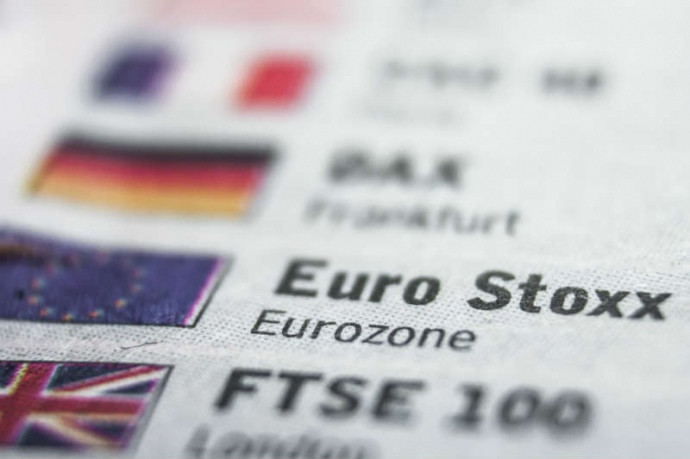On Tuesday, leading stock indices of Western Europe traded steadily in the green zone. European markets traded higher as investors assessed China's reopening and easing of Covid restrictions in the country. Food and pharmaceutical companies helped boost the main index.
At the time of writing, the pan-European Stoxx 600 soared by 1.1% - to 433.12 points.
By the way, the Stoxx 600 fell by 13% in 2022. This decline was the sharpest since 2018, and experts blame the negative consequences of the situation in Ukraine, the global energy crisis, as well as the permanent acceleration of inflation and decisive actions of global central banks to combat it as its main reasons.
On Tuesday, the French CAC 40 gained 1.48%, the German DAX gained 1.55%, and the British FTSE 100 gained 2.21%.
Meanwhile, the CAC 40 is down 8.7%, the DAX is down 11.9%, and the FTSE 100 is up 1.4%.
Leaders of growth
The share price of German energy company Uniper soared by 12.2%.
Oil companies British Petroleum, Shell and TotalEnergies rose by 3.9%, 4.5% and 1.2%, respectively.
The share price of German tour operator TUI rose by 6.1%.
French banks Societe Generale, BNP Paribas and Credit Agricole rose by 1.5%, 1.5% and 1.2%, respectively.
Adidas AG, a German manufacturer of clothing, footwear and accessories, rose by 2.4%.
German energy equipment manufacturer Siemens Energy rose 1.4%.
The share price of German chemical concern BASF rose by 1.2%
Market sentiment
On Tuesday, European investors assessed news on easing of Covid controls in China, which have been among the strictest in the world over the past few years. China will lift mandatory quarantine measures for inbound travelers from January 8. A negative test for coronavirus will be required to enter the country.
In addition, Beijing authorities reduced the level of surveillance of the coronavirus, rejecting the legal basis for the introduction of enhanced infection control measures.
In response to this move by Chinese authorities, some states have tightened requirements for visitors from the PRC. The United States, for example, is introducing mandatory testing for people arriving by air from China as of Jan. 5.
Traders around the world have recently been seriously concerned about China's "zero-Covid" policy, as new and existing restrictive measures in China have had a negative impact on the country's economic activity as well as on stock trading.
At the end of November, mass protests erupted in Shanghai against China's stringent Covid restrictions. The police dispersed protesters with gas canisters.
After that, markets began to hope that mass protests in Chinese cities would force local authorities to loosen regional restrictions. Fresh news from China sent a welcome positive signal that the world's second-largest economy could return to robust growth.
On Tuesday, European investors also waited for new data on inflation in Germany from the country's Federal Statistical Office (Destatis). According to preliminary forecasts of analysts, consumer price growth in the country declined to 9% in December from 10% a month earlier.
Moreover, earlier German Finance Minister Christian Lindner said that inflation in the country will fall to 7% in 2023 and continue to decline in 2024.
Previous trading results
On Monday, the leading stock exchange indices of Western Europe closed higher amid the data about the growth of the index of business activity in the Euro-region countries. The UK trading floors were closed the day before in connection with the New Year celebrations.
As a result, the Stoxx 600 rose by 1% - to 428.95 points.
French CAC 40 gained 1.9%, German DAX gained 1.05% and British FTSE 100 gained 0.21%.
The day before, analysts from S&P Global reported that the Manufacturing Purchasing Managers' Index (PMI) in 19 euro-area countries rose to 47.8 points in December 2022, above the previous month's 47.1 points.
At the same time, the index remains below the 50-point mark, indicating a decline in activity in the region.
Earlier, Spain's statistical office INE reported the country's annual inflation rate fell to 5.8% in December of 2022, the lowest since November 2021. Thus, in the outgoing month consumer prices rose by 5.6% against the November increase of 6.7%. At the same time, analysts had forecasted inflation at 6.5%.











